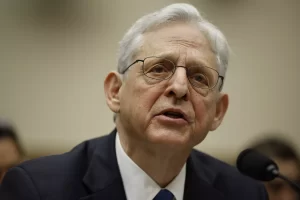Donald Trump has made history as the first former president convicted of a crime in the United States. However, this conviction does not automatically disqualify him from running for president again. Despite being found guilty on 34 counts of falsifying business records, related to covering up reimbursements to his former lawyer Michael Cohen, Trump retains the legal ability to seek the presidency once more.
The U.S. Constitution outlines three essential qualifications for presidential candidates: being a “natural born” citizen, at least 35 years of age, and a resident of the U.S. for at least 14 years. Notably, there is no explicit requirement barring convicted felons from running for president.
While Trump is expected to appeal the verdict, the possibility of him serving jail time raises questions about his candidacy. However, he remains free until his sentencing, scheduled for July 11. Given the non-violent nature of his crime and being a first-time felon, he could potentially receive a light sentence, such as probation. Moreover, any jail term may be postponed until after the appeal process concludes.
Regarding his eligibility to appear on the presidential ballot, states are unlikely to impose additional requirements beyond those stipulated in the Constitution. Previous attempts to prevent Trump from appearing on the ballot, based on the 14th Amendment, which prohibits individuals who have engaged in insurrection from holding office, have been rejected by the U.S. Supreme Court to avoid a state-by-state patchwork of rules.
Trump’s voting rights may also be impacted by state laws concerning convicted felons. In Florida, where he is registered to vote, felons are granted voting rights if permitted by the state of their conviction. As New York only restricts voting rights for felons during their imprisonment, and considering the possibility of Trump not serving jail time before the election, he is likely to remain eligible to vote for himself.






